
Romanticism
I'm attracted to the romanticism of academia and minimalism from the 1960s-70s. I can't help it, but be drawn to these aesthetics. Film photography, writing in journals with an ink pen, reading physical books, drinking tea or simple talking walks and talking about philosophy. So why is it that we struggle to let go of the past or hold onto the past as if it was better than where we are now? To put it simple why do we romanticise the past?
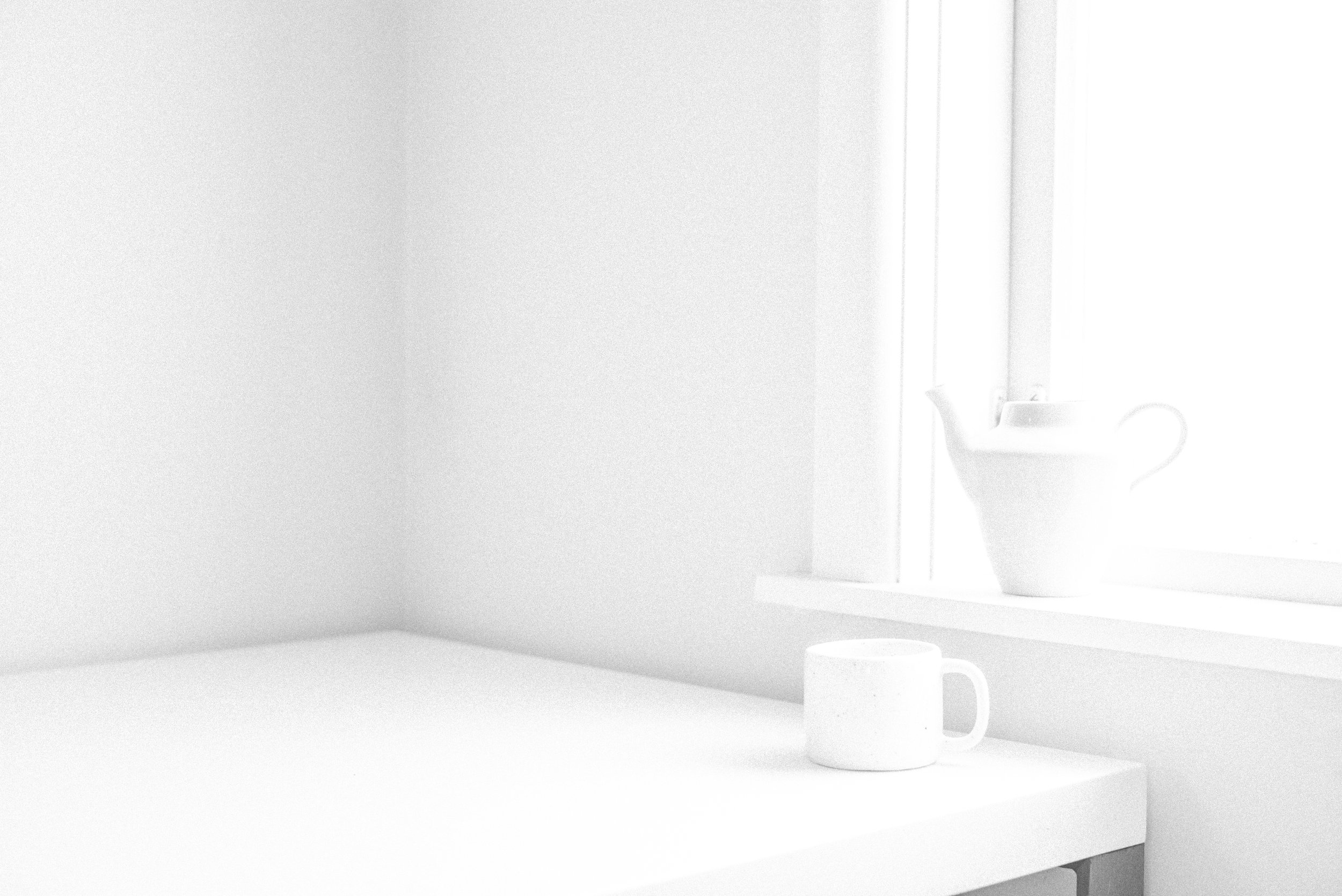
Why minimalism won't save the planet
Have you heard the saying minimalist or minimalism? The word minimalism described an art movement in the 1960s regarding artists like Donald Judd, Agnes Martin or Carl Andre. The interesting thing is many of the artists didn't relish being called minimalist artists or identify it as a movement at all. The idea around their artistic aesthetic was a reduction of the abstract movement favouring the literal.The word minimalism has been construed from its original form into an aesthetic that is desired in consumer culture. Mainly in high-end products away from the middle to low-income households. This is because the minimalist lifestyle is a preference to own less, rather than the economic struggles of lower wealth classes. Minimalism has become a status symbol, represented mainly by White European or Asian ethnicities.
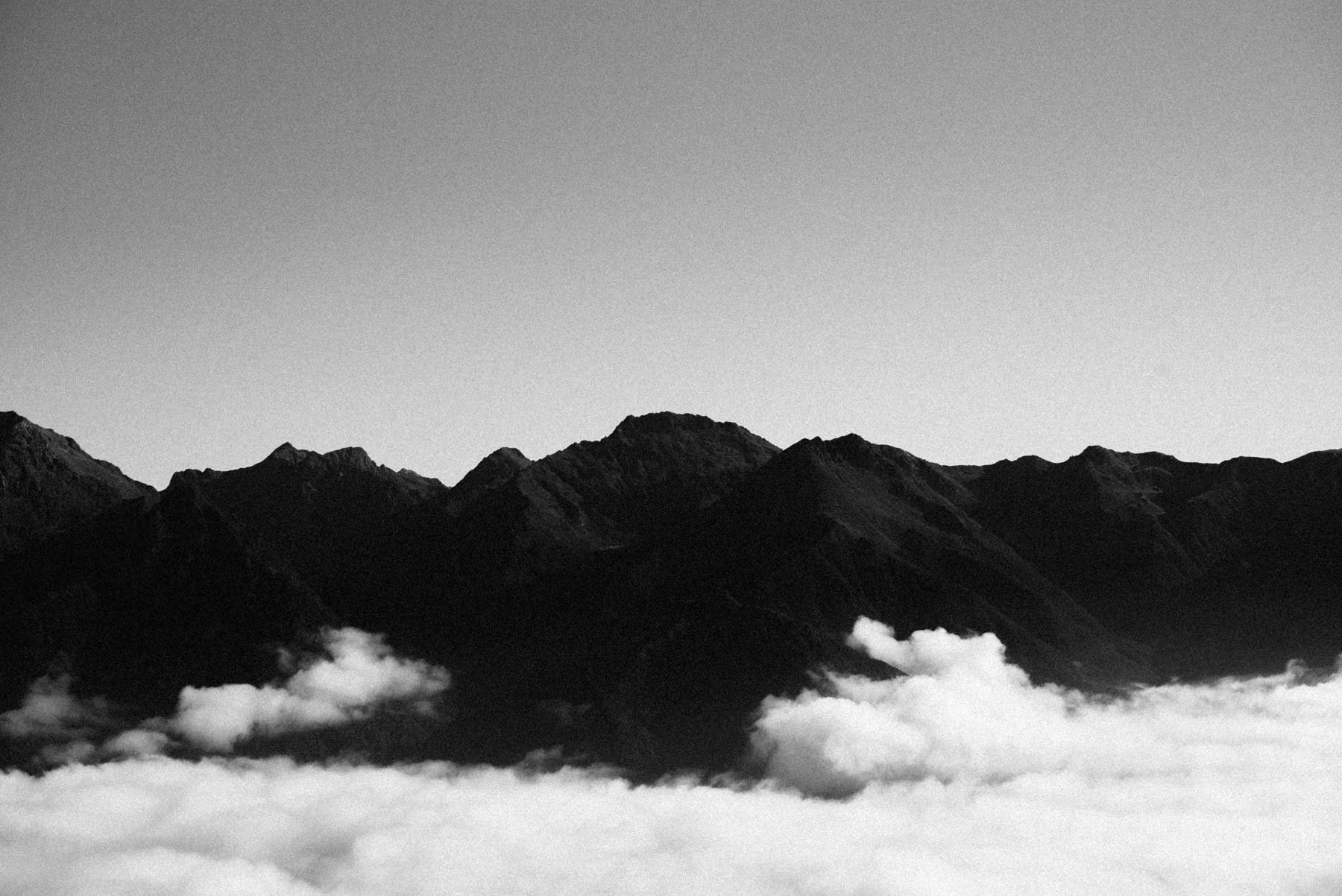
The photography genre minimalism
It’s no lie that Minimalism is the direct contrast and was brought to light from the juxtaposition of over-consumption. All trends start from the opposite, a rebellious movement around social norms. Minimalism isn’t new, its aesthetic has been around since the 1600s from Japan. Then later the word 'minimalism' was coined as an art movement in the 1960s. Today it is associated with an aesthetic and the juxtaposition of hoarders. But what I am interested about the photography genre minimalism is the appeal. The need, want and visually pleasing nature of minimalism.
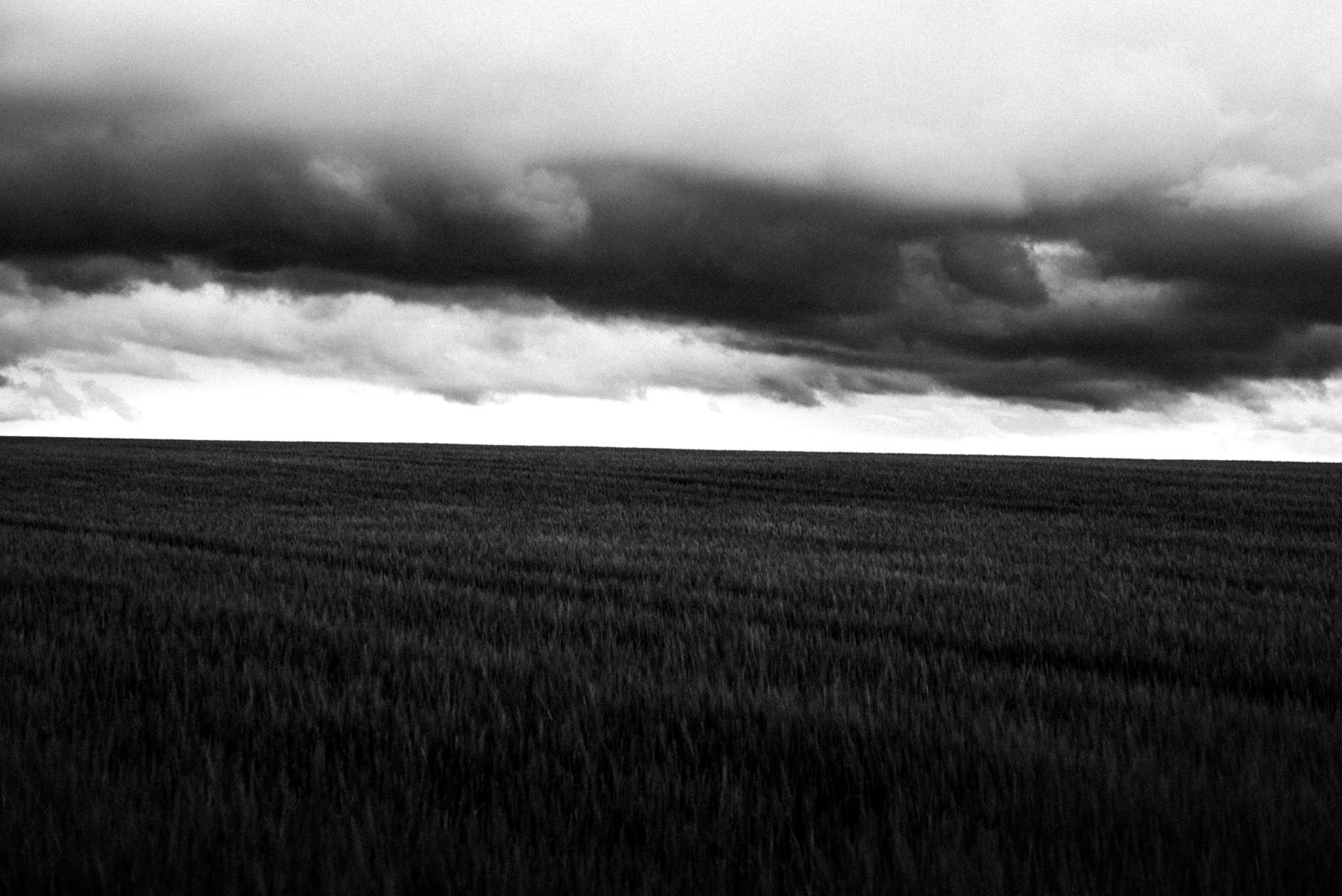
Minimalism and photography
Now before I get into it, I'm not talking about the aesthetics of minimalism in photography, I'm talking about the life choices and social movement of minimalism and its effect on me as a photographer.With that out of the way, I wanted to tell you that what I consider minimalism might not be your definition. There are so many iterations. Lifestyle, aesthetic, spiritual, bullet journal etc. But let me put you in the right mindset. The Minimalists define it like this.“Minimalism is a tool to rid yourself of life’s excess in favour of focusing on what’s important—so you can find happiness, fulfilment, and freedom.”
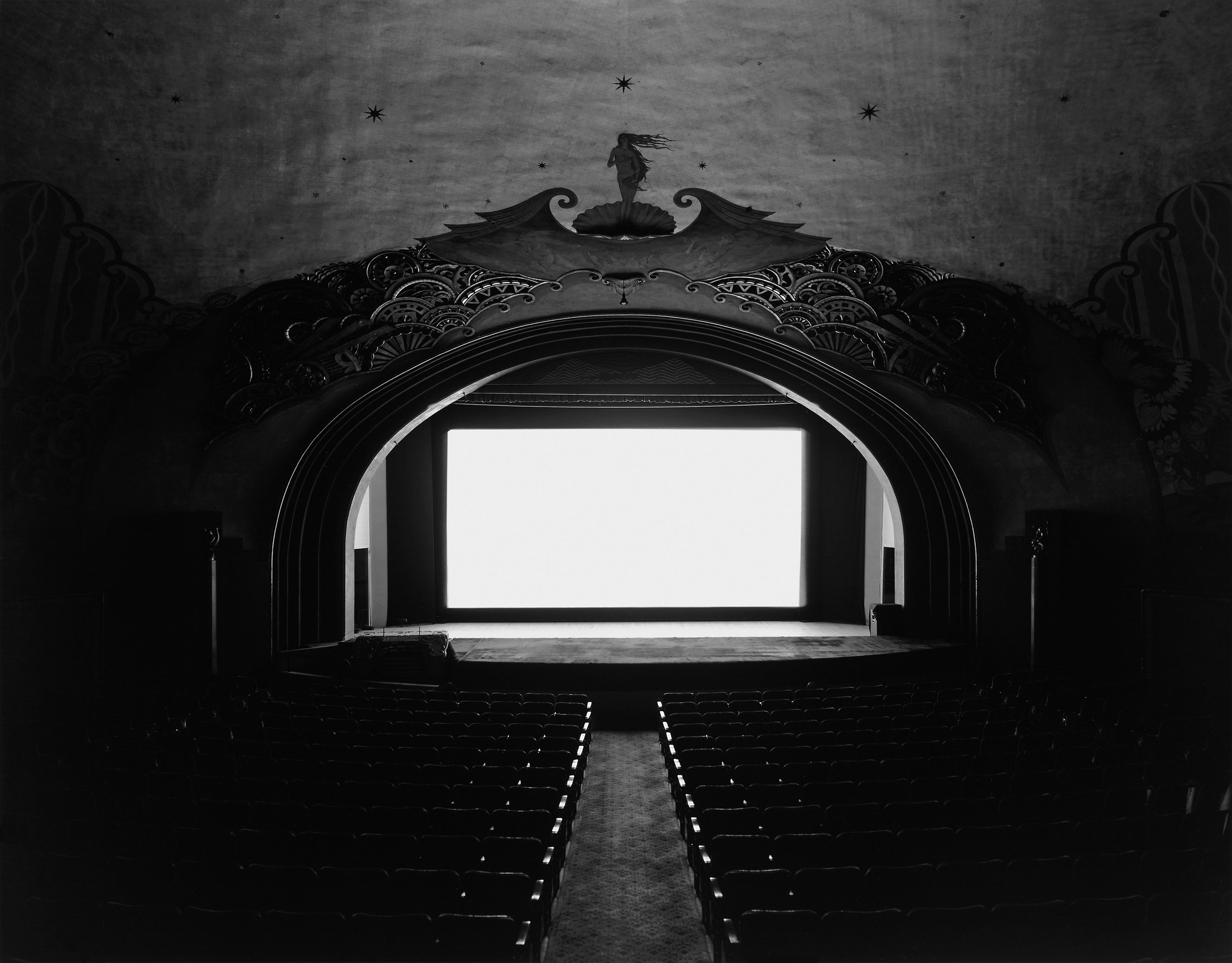
10 minimal artists you should know
Picture yourself looking at a landscape or a painting of one or two colours and you say to yourself this isn't art, I could have done that. You roll your eyes and think to yourself there is no skill, craftsmanship or story here. But you would be missing something very important if you left it at that. First off I'm not talking about minimalism as a lifestyle choose of tidying up. I'm talking about art at its most raw, simplest form.
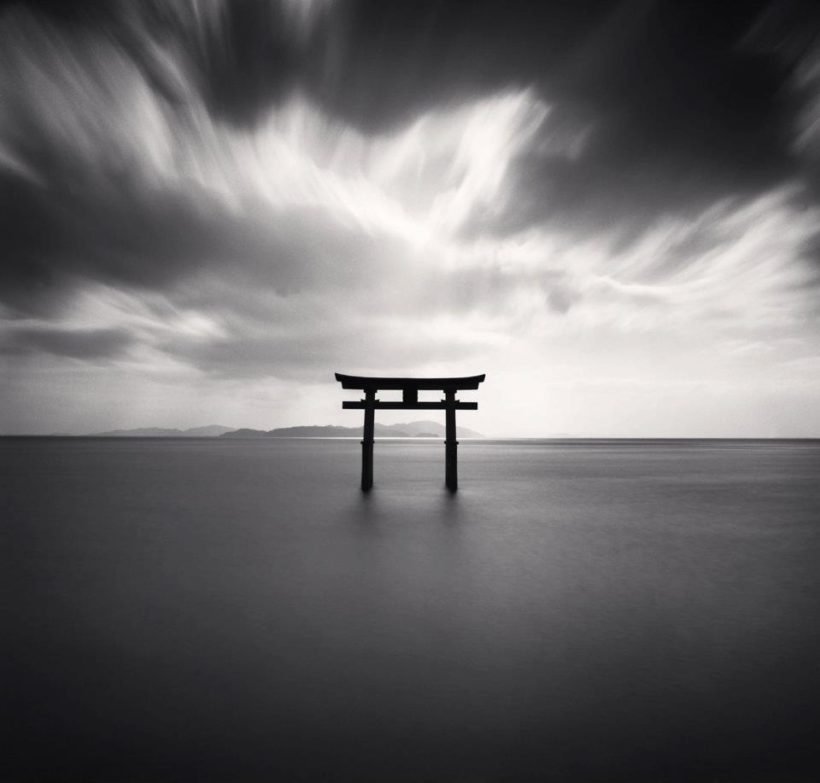
Stop ripping off Michael Kenna
To capture the aesthetic of minimalism is very hard to achieve in a world that is full of content and never ending clutter. As photographers how do we capture a scene in a minimalistic style without blatantly copying artists like Michael Kenna or Hiroshi Sugimoto?
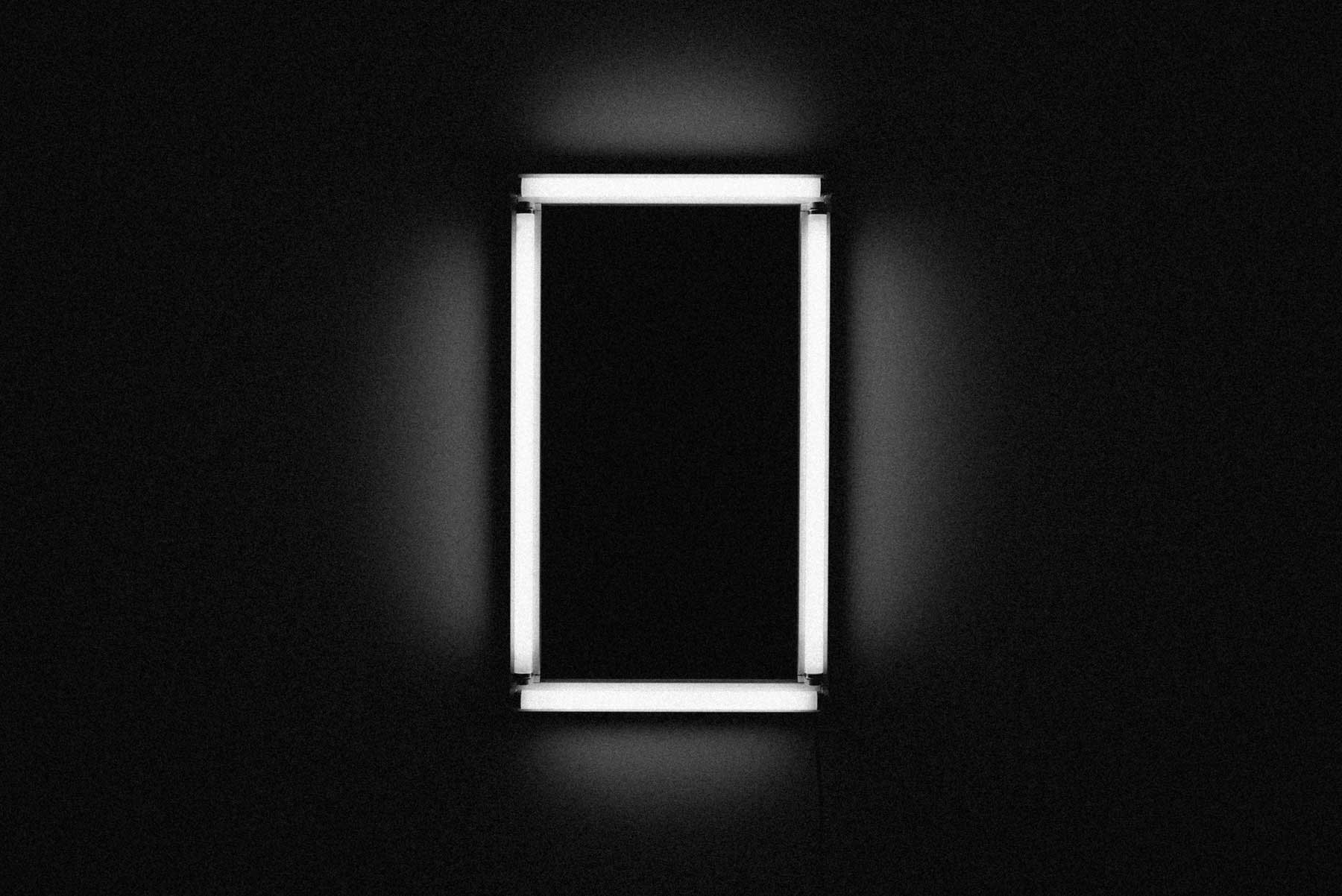
Over time you need less
As I sit outside underneath a tree, I started to think to myself "This is all I need.". Then I dreamt about owning my own house and having a tree in the backyard just like this one. To have my own patch of grass and a tree to give me shade while I sit and ponder life, that would be nice. Then a quickly as the thought came to me, it occurred to me that I don't need to own this dream. There are many trees and patches of grass in the world, why do I need one for just myself? Why do I need anything beyond the necessity for food and shelter?